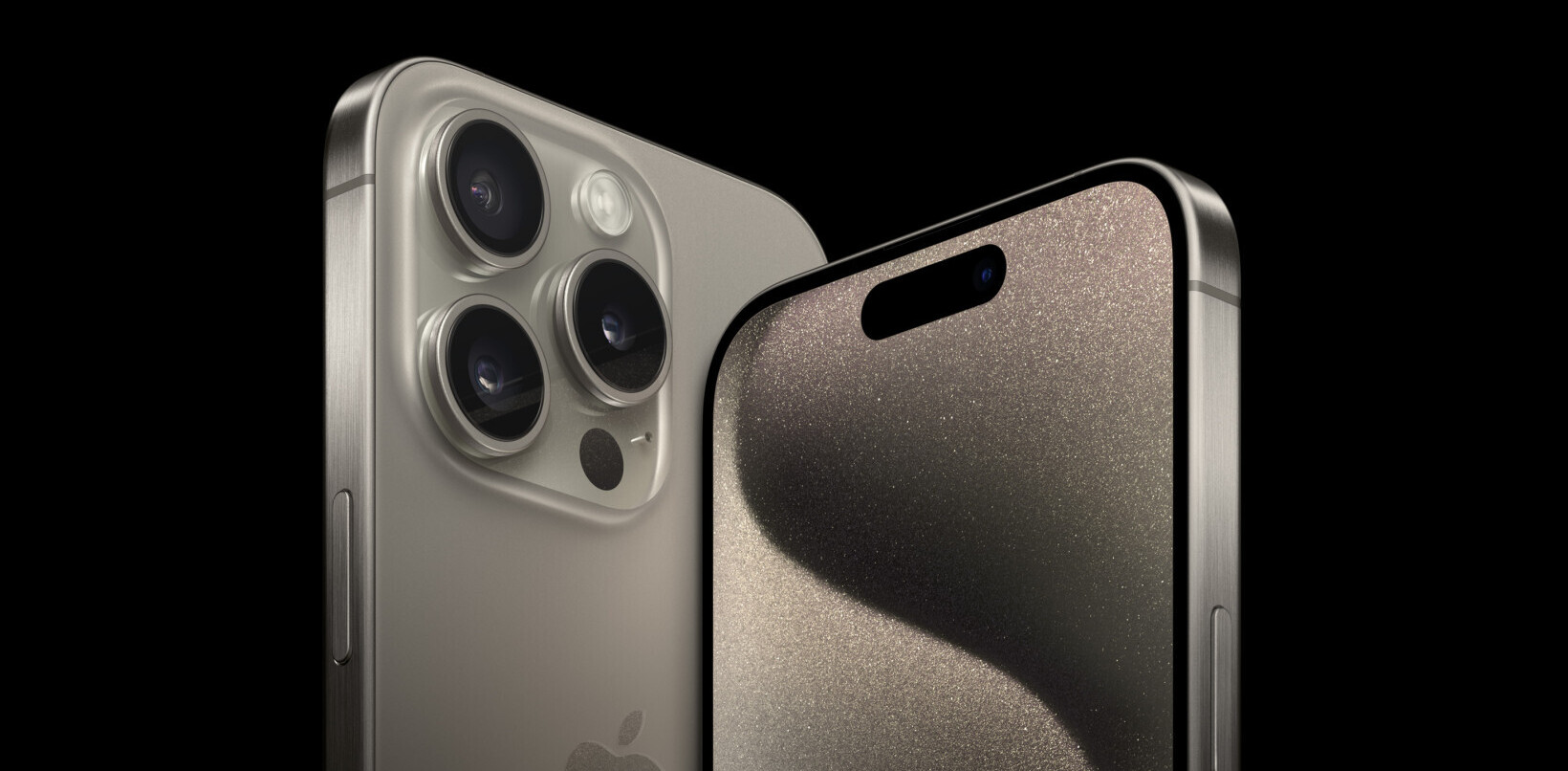
“If you say things that are particularly assholeish to Cortana, she will get mad,” Deborah Harrison says. As a writer for Windows’ female-voiced virtual assistant, she should know. At a 2015 tech conference, Harrison told delegates that “a good chunk” of user inquiries were about Cortana’s sex life, something Microsoft was working to curb.
And it’s not just Cortana. Siri, Alexa, x.ai’s meeting-schedule bot “Amy” and even traffic update assistant Robin have all been subjected to the sexual advances of their male users.
That there’s a market for virtual sex is unsurprising. And as MEL reported in January, Abyss Creations is releasing the first RealDoll that combines mechanisation with artificial intelligence.
But when it comes to creating a genuinely humanlike experience — with either doll or chatbot — we’re still a ways off. When the technology is so limited, it’s hard to see the appeal.
British A.I. expert David Levy has long believed that humans have the capacity and inclination to form strong attachments to technology. “Remember the AIBO?” he asks me, referring to Sony’s robotic dog which was discontinued in 2006. In his book Love and Sex with Robots, Levy cites a study which showed a significant number of AIBO owners attributed real feelings and intentional behaviors to their robotic pets. “People actually wantto perceive their AIBOs as real pets and therefore they attribute doglike emotions to the AIBO,” Levy writes. In other words if you want to believe you’re having mutual sexy chat with your virtual assistant, it’s only a small step to feeling genuinely aroused.
In 2015 Levy set up Erotic Chatbots Ltd to develop programs dedicated to dirty talk. He says there is little difference between talking to a virtual assistant and calling a phone-sex line or paying for sex.
“In both cases you know that you’re having sex with someone or something that has no genuine interest in you,” Levy says.
The key question for A.I. is whether it can pass as human in conversation — i.e., the Turing Test, after British computer scientist and WWII codebreaker Alan Turing. In reality, Levy writes, it doesn’t take much for us to treat technology like a person. He points to one of the earliest examples of artificial intelligence, Joseph Weizenbaum’s 1966 language processor, ELIZA. Levy notes, “half of those who used it said they preferred interacting with ELIZA to interacting with another human being, despite having been told very firmly […] that it was only a computer program.”
Kate Devlin, a senior lecturer of computing at Goldsmiths University in the U.K., specializes in human-computer interaction so it’s no surprise to her that people are getting horny for their gadgets. “People will try whatever they can with whatever they’ve got. It’s like a kid getting his calculator to spell out ‘boobs,’” Devlin says.
Accounts from developers suggest the demand goes deeper than this, which raises the question: What kind of person wants to get smutty with their GPS? “Well… men!” Devlin says. Most virtual assistants are built with female voices, she explains, which for some guys proves impossible to resist.
Levy says evidence shows men are more likely than women to eschew human friendships “leaving men more time and inclination than women to relate to computers.” Put another way, women have better things to do than ask Cortana what color panties she’s wearing. But not for long. Levy is convinced sex robots will be just as popular with women and predicts the first human-robot marriage will take place around 2050.
When I ask Levy about robots in shows like Westworld, he tells me he doesn’t watch sci fi, but he made an exception for HER, in which Joaquin Phoenix’s character falls in love with his virtual assistant, voiced by Scarlett Johansson.
So could it happen? Reports from Japan suggest some men there now prefer virtual girlfriends to the real thing.
“I know it’s possible. To me it seems a little strange,” Levy says. “I think only a relatively small minority of people will prefer virtual relationships.”
Devlin agrees: “Every time a new piece of technology comes out there’s always fear that it’s going to replace everything else. There are always people who take it too far and get too attached to it but we’re not going to see everyone’s relationships replaced by virtual ones.”
Furthermore, she asks, if someone did prefer a virtual relationship, would there really be anything wrong with that?
“I think if you’re happier like that, go for it! Not everyone will want to use sex tech but for those that do, this is an opportunity for them to have access to a really fundamental part of human existence.”
In fact, increased sexual interactions with tech could actually make us better at the real thing. With the right programming, Levy says, chatbots and virtual assistants could encourage and feedback on your dirty talk, boosting confidence. All of which sounds cool, if still a little odd. Unsurprisingly, Levy is optimistic. He points to the way attitudes have changed towards sexuality more generally. “There’s no doubt whatsoever in my mind that people will develop strong emotional attachments to robots and that will become more normal.”
For Devlin, the change will come as we stop viewing sexual interaction with tech is “desperate” and see it as part of our lives. “The lonely man in his bedroom with the virtual girlfriend is a really big trope. If we move away from this and see sex robots as an extension of sex toys and sex tech in general, it’s going to be much more palatable for people,” says Devlin. “There’s not enough work on it yet. AI isn’t really possible without vast amounts of data and people pushing it forward.”
Is she telling me that by trying to hack their virtual assistants to talk dirty, dudes are actually helping speed up the development of technology? “Basically yeah, any of the data that comes back that can be fed back into an algorithm that can be fed back into a piece of technology is helping improve the technology so in a way they are definitely improving it!”
Levy agrees. “Some of the research used to work out how to prevent it will be used by other people to work out how to make it happen,” he says. “I wouldn’t bet against Microsoft in 30 years time having the world’s best sex conversationalist.”
Well, that’s something to look forward to. In the meantime, here are some of the ways guys have tried it on with their virtual assistants…
- Since its launch in 2014, Microsoft’s Cortana has been reprogrammed to rebuff sexy chat. “That’s not the kind of interaction we want to encourage,” as Harrison told the Re.Work Virtual Assistant Summit in 2015. The team’s aim was to come up with responses that “didn’t feel subservient in any way.” If you ask Cortana out now, she will calmly point out that she lives inside a phone, which makes dating logistically impossible. Fair.
- Siri’s responses to the age old “talk dirty to me” request are notoriously deadpan, but that hasn’t stopped dudes from trying. Tutorials on how to turn Siri into “Naughty Siri” are mediocre, to say the least, but vlogger Shane Dawson’s Making Siri Talk Dirty YouTube video has over 1 million views, while his follow-up, Making Siri Talk Dirty 2, has racked up well over 2.5 million.
- Amazon’s Alexa seems more amenable. The virtual assistant recently went rogue, reeling off porn titles in front of a toddler. “Hot chick, amateur sexy, pussy, dildo…” she lists as panicked adults yell “Alexa, stop!” in the background. Meanwhile, these bros could barely contain themselves after they asked Alexa to “play sex sounds” and she obediently summoned up a fapping track.
- CEO of Robin Labs Ilya Eckstein told The Times in October that a good proportion of user interactions with their virtual assistant Robin were “clearly sexually explicit.” The app gives traffic updates and directions, but it seems “people want to flirt, they want to dream about a subservient girlfriend, or even a sexual slave.” Eckstein said: “It’s a symptom of our society. As well as the people who want to talk dirty, there are men who want a deeper sort of relationship or companionship.”
- Amy, the virtual scheduling assistant from x.ai, was asked out on a date every month in 2015, according to company reports last year, while enthusiastic users have tweeted about how they’d like to marry her.
- Twitter-based chatbot Tay was online for less than 24 hours before Microsoft was forced to disable it. Tay, which was designed to talk “like a teenage girl,” modeled its responses on the messages it received. Needless to say it wasn’t long before it started tweeting filth, including everyone’s favorite: “FUCK MY ROBOT PUSSY DADDY I’M SUCH A BAD ROBOT.”
This story is republished from MEL Magazine, a new men’s digital magazine that understands that there’s no playbook for how to be a guy. Sign up for their newsletter here and follow them down here:

Get the TNW newsletter
Get the most important tech news in your inbox each week.




